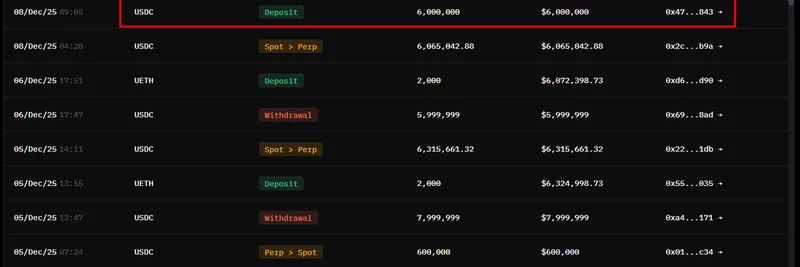In a recent thread on X, Ethereum researcher @soispoke passionately defended the Forward-Compatible Inclusion Lists (FOCIL) proposal, highlighting its vital role in preserving Ethereum's core principles. As meme token enthusiasts and traders, understanding these technical upgrades is key because they directly influence how fairly and quickly your transactions get processed on the network—especially in the fast-paced world of meme coin launches and viral pumps.
FOCIL, outlined in EIP-7805, is essentially a mechanism to boost Ethereum's resistance to censorship. In simple terms, censorship resistance means no single entity can arbitrarily block or delay your transactions. Right now, over 90% of Ethereum blocks are built by centralized entities using tools like MEV-Boost, which extracts maximum extractable value (MEV) but creates single points of failure. MEV refers to the profit validators can make by reordering, including, or excluding transactions in a block.
@soispoke argues that FOCIL introduces multiple proposers per slot—think of a slot as a time window for creating a new block. This setup allows a committee of validators (around 17 in some designs) to enforce inclusion lists, forcing builders to include certain transactions. It's like having a team of watchdogs ensuring no one gets left out unfairly. This is especially important as Ethereum scales with features like higher gas limits or zkEVMs—zero-knowledge Ethereum Virtual Machines that enable faster, cheaper layer-2 solutions but might make it harder for solo stakers to keep up.
The thread emphasizes that even if Ethereum seems fine today, future growth could amplify vulnerabilities. For meme token communities, this matters big time. Imagine launching a new token or sniping a hot meme coin, only to have your transaction censored by a powerful builder complying with regulations or personal biases. FOCIL aims to prevent that by distributing power and reducing reliance on altruistic local builders, who currently lose money fighting censorship.
Replies in the thread echo this sentiment, with users like @DrewF noting that initial pushback stemmed from misinformation, and others stressing the need to prioritize censorship resistance before aggressive scaling. As @ciefa_eth put it, aligning with the thread's views on network neutrality.
From a meme token perspective, FOCIL could level the playing field. Centralized builders might prioritize high-fee transactions from big players, sidelining retail traders in meme frenzies. By enforcing inclusion, FOCIL helps ensure your degen trades aren't at the mercy of a few gatekeepers, fostering a more permissionless environment where meme culture thrives.
While alternatives like full multi-proposer schemes exist—as discussed in a16z's analysis—FOCIL offers a forward-compatible path that's easier to implement without overhauling the protocol. It's designed to work in the same slot, conditionally include transactions, and integrate seamlessly into Ethereum's fork-choice rule, where validators vote on the canonical chain.
Of course, no proposal is perfect. FOCIL relies on honest committees and doesn't fully eliminate latency advantages for proposers. But as @soispoke points out, being a validator isn't just about earning yields—it's about upholding Ethereum's values like permissionlessness. For blockchain practitioners diving into meme tokens, keeping tabs on upgrades like this via resources like ethresear.ch or meetfocil.eth.limo can give you an edge in understanding network dynamics.
In the end, threads like this remind us that Ethereum's evolution directly fuels the meme token boom. By championing FOCIL, the community is working to keep the network robust, ensuring meme insiders like you can trade freely without fear of undue interference.


